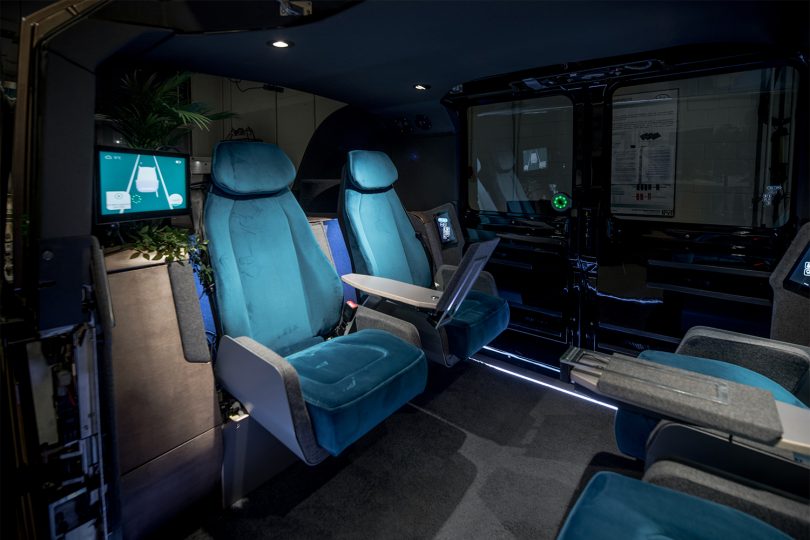Artificial Intelligence in Traffic How machine perception can be optimized by machine learning
The Technische Universität Braunschweig is one of 17 partners from science and the automotive industry in Germany in the joint project “AI Data Tooling”. The Federal Ministry of Economics and Energy (BMWi) will provide the project with grants totalling almost 860,000 euros for a period of three years beginning in April 2020. The project is part of the AI project family within the VDA flagship initiative “Autonomous and networked driving”.
“Artificial intelligence will be one of the key technologies for autonomous driving,” says Professor Tim Fingscheidt, project manager at the TU Braunschweig. “The future of autonomous driving is dependent on the use of learned, data-driven procedures.” Artificial intelligence will process complex interrelationships and high-dimensional data better and more efficiently than traditional methods. However, the safe use of AI in public life requires comprehensive training of the systems, i.e. the practice of recognition and solution patterns, as well as a targeted validation or verification of the functionality of the learned methods. A suitable database can considerably shorten development cycles and validation phases.
In the BMWi-funded project “KI Data Tooling”, artificial intelligence methods are therefore being developed under the management of a German car manufacturer. These methods will enable the description, processing, selection, generation, compression, provision or transmission of data. Using a case study of pedestrian recognition, methods will be developed to enable the efficient and systematic exploitation of data.
Since the 1960s, researchers at the Institute for Communications Technology (IfN) at TU Braunschweig have been developing algorithms for artificial intelligence and machine learning with applications in speech and image processing – and more recently also with applications in the field of autonomous driving.
AI processes can be used, for example, to implement a so-called semantic segmentation of a traffic scene (see press picture). The semantic segmentation is part of the machine perception of a vehicle. In order to do justice to the automotive field of application, the development and use of the procedures must become more efficient. Therefore, IfN is researching algorithms for the optimal selection and compression of data. The targeted selection of so-called corner cases, i.e. particularly critical situations with a high degree of added value for artificial neural networks, leads to a reduction in the amount of data required for training. The research on highly efficient compression methods continues to aim at minimizing the resources required for the storage and transmission of sensor data and data annotations.

